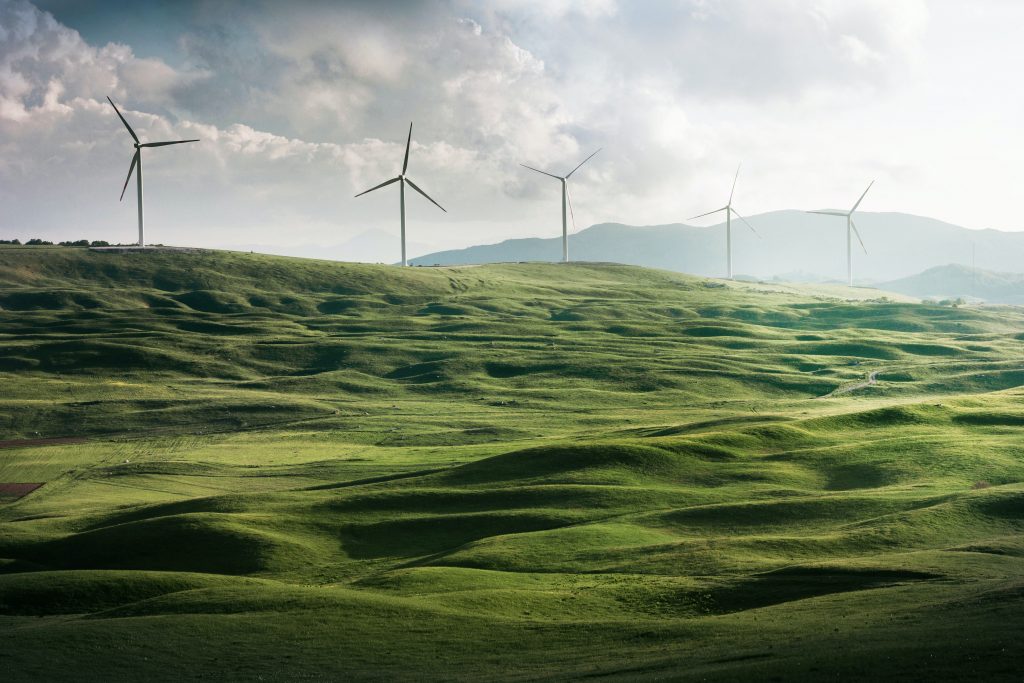At the Fox School of Business, there is an emphasis on investing in innovation and entrepreneurship to help address social problems. This mission ensures that the school generates a positive impact on the city of Philadelphia and across the globe.
This sense of social responsibility in entrepreneurship and corporate culture runs deep in Fox School alumni and the surrounding community. On Oct. 13, the Fox School’s Innovation and Entrepreneurship Institute (IEI) hosted Matt Dwyer, Patagonia’s vice president of Product Impact and Innovation, to talk more about this concept for the Sustainable Fashion and Innovative Performance virtual event.
“Patagonia is a great example of how companies can focus on social responsibility and social impact, and leverage it to be part of their competitive advantage,” says Ron Anderson, dean of the Fox School and the School of Sport, Tourism and Hospitality Management. “Today’s event is emblematic of our school’s Strategic Plan. It is a convergence of our four pillars: we care about our community, we are focused on being inclusive, we must be innovative in our solutions and we have to be supported by research and data in order to be successful.”
Patagonia focuses on community improvement socially, economically and through business innovation. Dwyer emphasized that the company has made great progress and continues to try to make the best out of what they can, but that there is still much more to do.
“Here at Patagonia we have some goals for 2025 and beyond,” says Dwyer. “By 2025, we would like to ‘reduce our product impact’ through implementing things such as product impact tax and using 100% preferred materials. By 2030, our goal is to ‘use our product to do good’ by practicing things like optimizing and minimizing per-product carbon footprint and using our business and supply chain footprint to improve global communities.”
Dwyer explained how there is a recurring theme of sharing innovations with others in industry to better the industry as a whole. Patagonia is a brand that provides the “activation energy” for larger brands such as Adidas or Nike.
“At Patagonia, we have intentionally built a supply chain for material like recycled fishing nets,” says Dwyer. “We have done this with the investee Bureo and have added more capacity than needed so that others could also use this material.”
For example, Patagonia put the recycled fishing nets in the brims of their hats. Not only did Patagonia successfully use this material and build a supply chain to scale, they also inspired other brands to use it in their hats as well.
“It is important that you start small and safely with the intention to follow fast and scale chemical recycling,” says Dwyer. “Performance and quality must remain number one, but brands and consumers are willing to invest and to participate in doing the right thing.”
Dwyer also provided some ways that brands could practice sustainability through three major actions; reduce, invest and offset. Brands can be proactive through practices like using the best ingredients for their products, eliminating coal power as a direct or indirect energy source at textile mills and purchasing high-quality, verified offsets as products of protection.
“We must be skeptics, ask questions and demand more as a customer. We should be looking into where products we are buying were made, who made it, what ingredients were used and what to do with it when you are finished using it.” says Dwyer. “By taking these steps, you are helping the planet. However, at the end of the day we just need to remain optimistic.”
